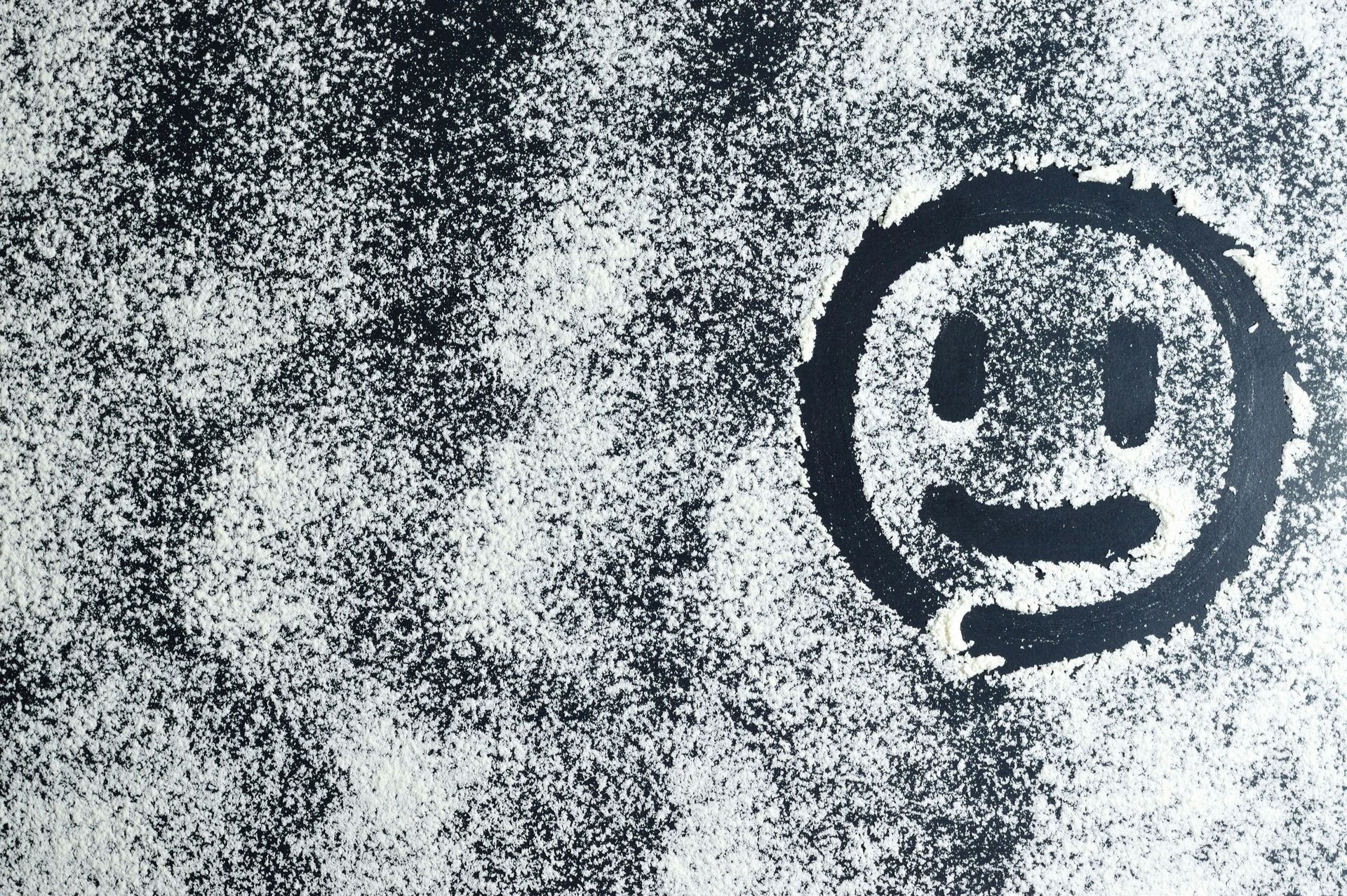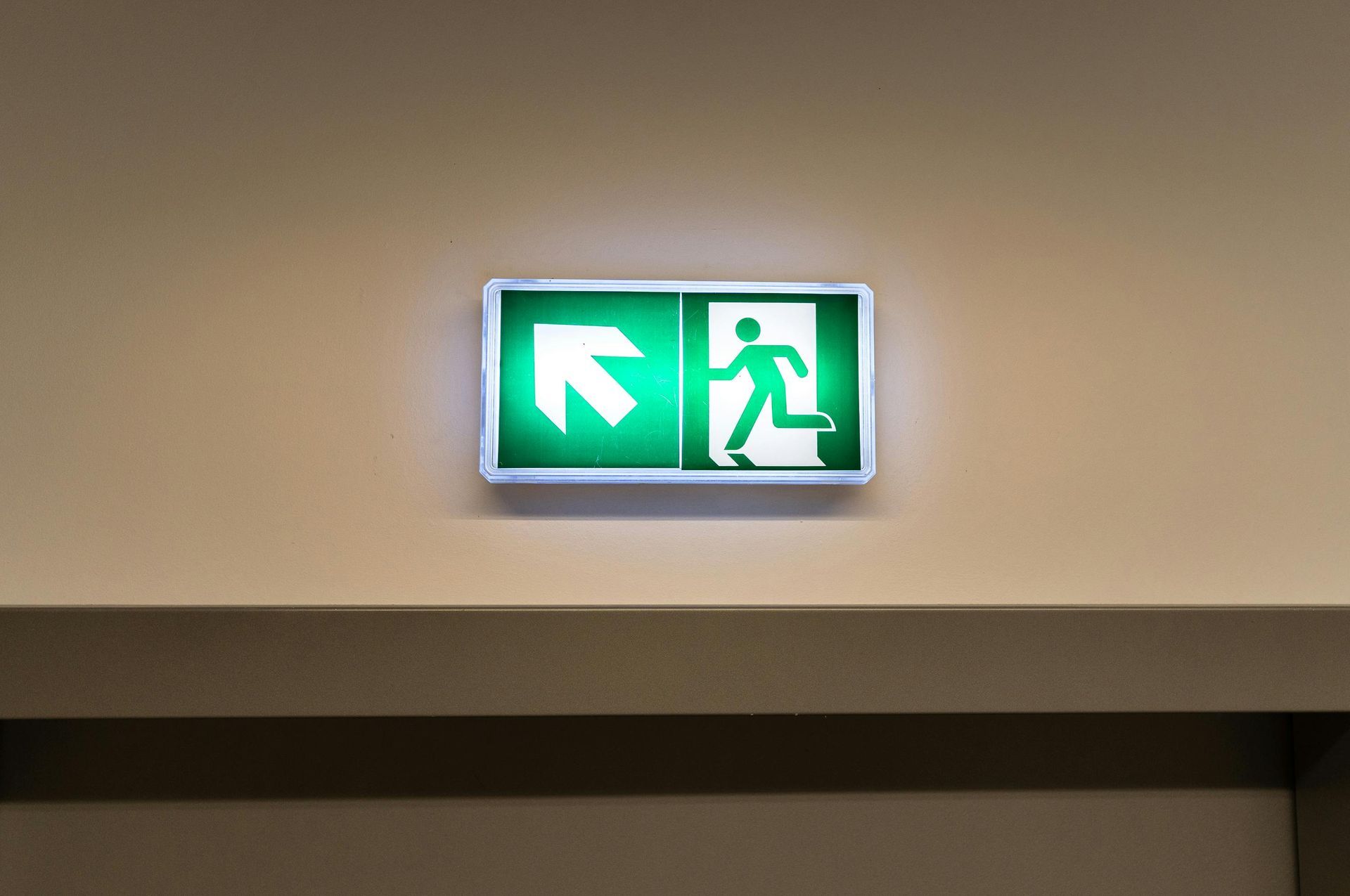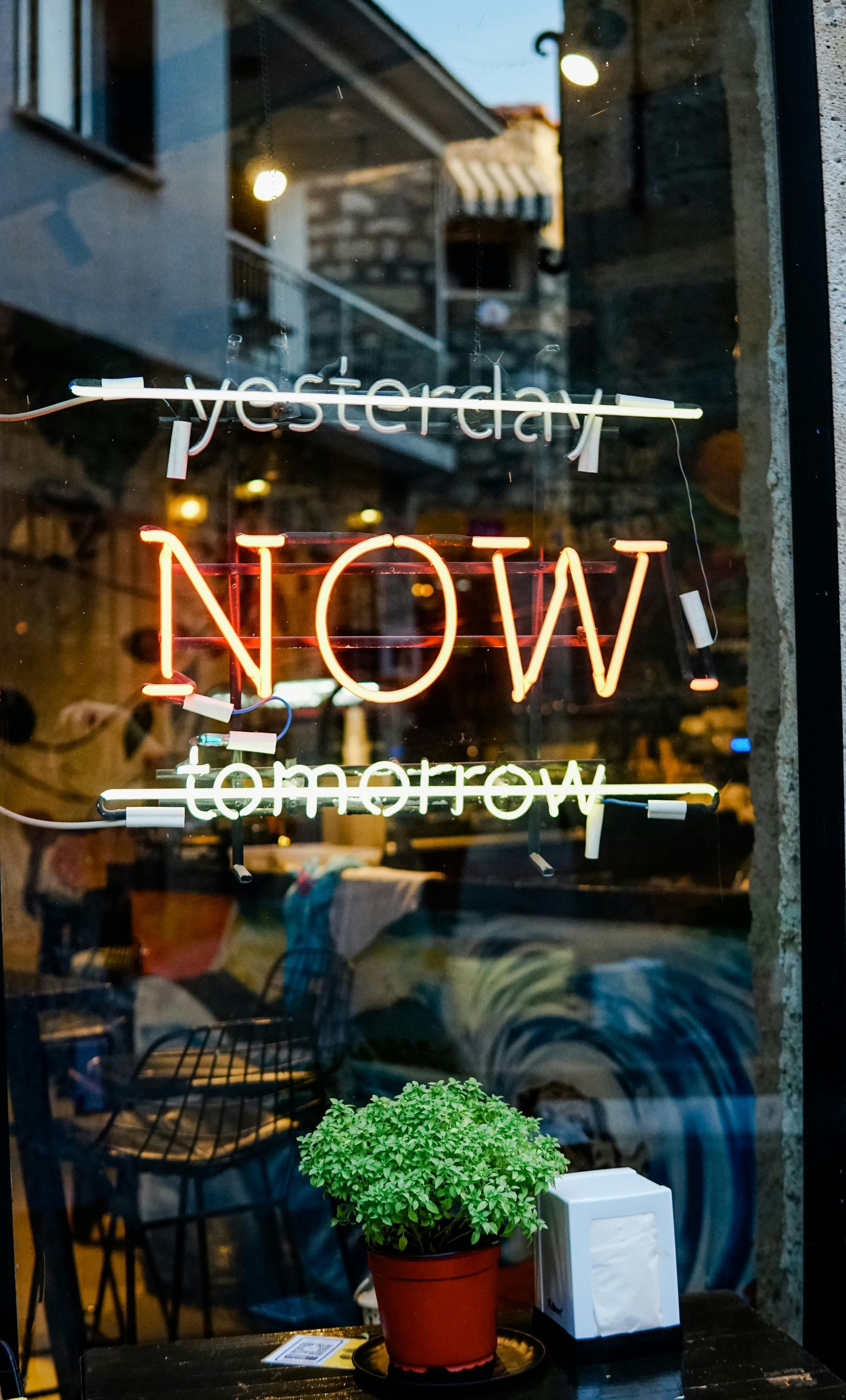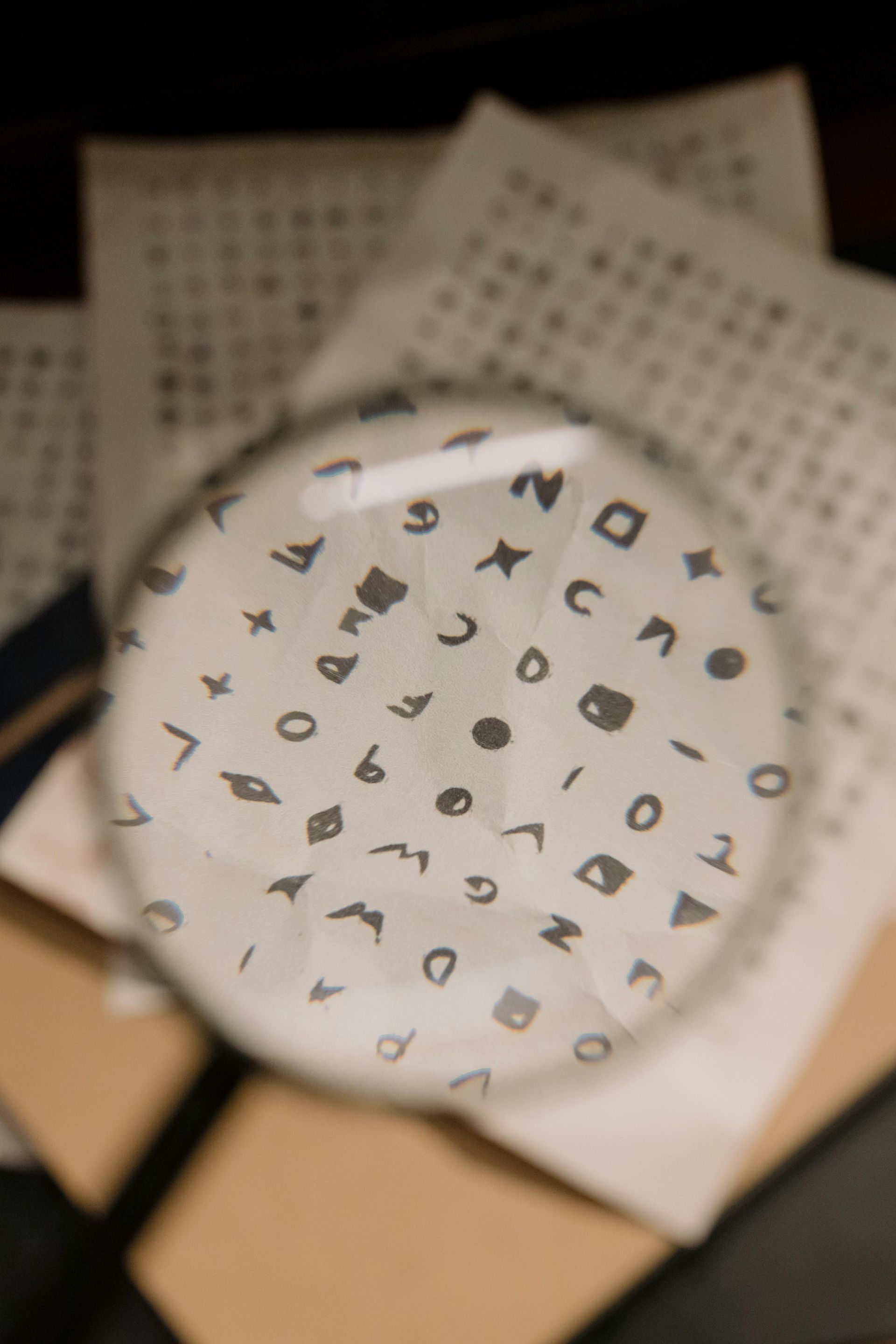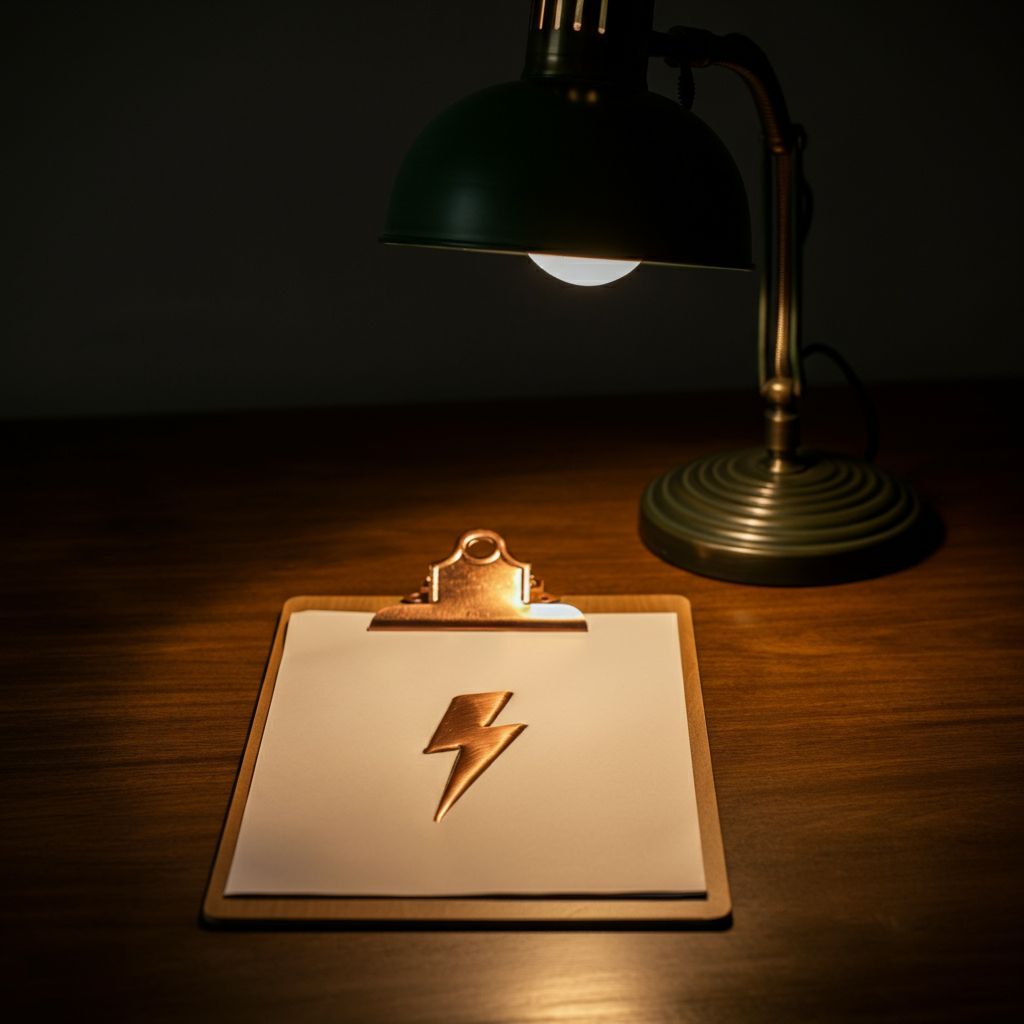Why Gen Needs to End That Text With an Emoji (haha, lol)
the plot thickens.
Almost a year ago, I shared my discovery that there was a definite generational divide in one of the simplest and most common actions: texting. Specifically, I had learned from my students that Gen Z found the act of ending a text with a period to be harsh, the equivalent of "we need to talk". Younger colleagues shared that they interpreted that tiny bit of punctuation as a sign of hostility, the equivalent of wearing a suit to a picnic. Colleagues my age and older see a period in a text as a sign of professionalism, most often not even noticing it at all. While it seemed like a small thing at first, the more I looked into it, the less small it became.
Think of how many text messages you send and read a day. Imagine how often your tone or intent might be misinterpreted, or if you are on the younger end of the age spectrum, how frequently you might be unnecessarily stressed by innocent punctuation. Within work teams, wires are getting crossed, potentially dozens of times a day, and this is just the tip of the iceberg.
After that blog post, I was contacted by the local newspaper, news stations, and even CNN picked up my scoop as part of their "What Generation Do You Text Like?" quiz. I've shared the example with audiences worldwide as a simple yet fascinating example of how easily generations can think they see the same things. Instead, we are viewing them through a very different lens of perspective and experience. The periods in texting is by far my stickiest example, my favorite discussion, and the thing I still get stopped to talk about in hallways and receive messages about several times a month ("I asked my interns about this and they confirmed that everyone thinks I'm scary based on how I text"). Better yet, these conversations have resulted in actual behavioral change. One of my clients shared that he now sends voice memos instead of written texts, so there's no question about his tone. Others have shared that they now try to adjust their texting style based on their audience. Even if you don't decide to change your texting habits, even the increased awareness and open dialogue that a simple action from us could be perceived in an entirely unintended way by someone with a different generational context can be incredibly valuable.
Now it's time for a follow-up, a sequel to my hot take. While older generations unknowingly evoke fear with their period usage, Gen Z has voraciously adopted emojis, lol, and hahaha to finish their sentences lol. While I am willing to embrace a generation's unique norms, I must admit this confounds me. But then again, I have that period to use to end my sentences, so I understand that not using it then requires something to take its place.
Not everyone in my age group or older is willing to accept this approach. Several young professionals (former students of mine, most older Gen Zs) have shared that their bosses have given them feedback that the laughing crying emojis and hahahas are "excessive" and "unprofessional" when used as a part of work texts. (Sidenote: my blog does not have emoji capabilities, which puts me at a severe disadvantage in writing this, lol).
This came as just as much of a surprise to my Gen Z colleagues as it did to me when I learned my period usage was being seen as "harsh". How could someone take offense at an innocent smiley face, they wondered? I understood their manager's feedback, I feel like I'm being sent cartoons. I had to learn more, for the sake of Gentelligence!
To do so, I embraced Gentelligence Practice #2: Adjust the Lens. Time to get curious, not judgmental!
To have smarter intergenerational conversations, we need to start with better questions. One of my favorite power questions to Adjust the Lens is "Can you help me understand?", so we started with that.
Me: Can you help me understand why Gen Z tends to end sentences with emojis and hahaha? Why are we lol'ing after things that aren't particularly funny?
The Gen Zs of Instagram gave me the following insights:
- "I feel like it's because it adds a filler/light-heartedness"
- "I feel like it's often hard to interpret tone in a text and ending it lighthearted makes sure the person you are texting knows you are not mad. And now it's become the norm and if you don't end a text like that people will assume you are mad"
- "Fear of coming off the wrong way"
- "I usually add “haha” to make sure something doesn’t come across as angry or mean. I feel like it adds a positive emotion!"
- "I use lol or hahaha like I'd use exclamation points in work emails and stuff to show I'm not mad or upset. It softens whatever I'm saying even if it's not something hard"
- Instead of using the most common end punctuations (. ! ?), we’re able to evoke more complex emotion/tone through additional punctuations we’ve adopted
- "To soften the message and be relatable/casual. It expresses that it’s a more personal rather than serious or personal message. But I think some people do it when they’re uncomfortable or unsure of what they’re texting. It just softens the message all around and hopefully makes it easier to receive"
Fascinating. Reading between the lines, it's almost like an overcorrection for our period usage. That comes across as harsh and cranky, and Gen Zs are doing all they can to make sure their messages don't come off the wrong way. When in doubt, add an emoji! No one can be upset with me if I add a little hahaha! This might seem silly to you if you're my age or older (hey Gen X!), but let's use some Gentelligence and think about why the younger generation might feel the need to do this. If you grew up amid cancel culture and relying on texting, you too might err on the side of making sure your messages aren't landing wrong.
As if this hot take is not ENOUGH KNOWLEDGE for one post, please enjoy what I unexpectedly learned next.
Remember in my original Instagram post, I made the mistake of asking why Gen Z tends to end their texts with an emoji, hahaha, or an LOL.
Then I received this IG message from my colleague Jacob, who I am pretty sure is a Millennial (but probably on the cusp of Gen Z, if I had to guess):
"Are they ending sentences with 'lol' or 'LOL'? Because I see both differently.. the latter I’ve always seen from older generations"
WHAT IS THIS MADNESS?
I, of course, had to investigate this. In for a penny, in for a pound, people. Gen Z delivered:
- yeah but idk how to articulate how they are different but they are
- True!!
- Very true. LOL feels like you’re making fun of something, or could be laughing very hard depends on context. lol just an add on. Somehow neither is the default for just normally finding something funny hahaha
- Gen Z tends to say lol. LOL makes me think of millennials or older
My 5-minute long, not remotely scientific data collection reveals that there is not widespread agreement on this LOL and lol usage, other than they definitely are different. Then this interesting millennial-Gen Z rift emerged:
- Apparently the younger GenZ associate the laughing crying emoji with millennials...borrowing one of their slang words from a few years ago, the laughing crying emoji is “cheugy”
(CRIPES, need to go look up chuegy now).
I get asked every few months if I'd consider leaving academia to do Gentelligence full time. Quite clearly, this misses the critical point that they are not mutually exclusive: I am able to be much more Gentelligence because I have access to this fantastic network of younger people that I've met over my 20 years as a professor. I learn from them while they are my students, and then I keep learning from them once they enter the workplace, lol hahaha.
So what have we learned over these seemingly innocent miscommunications?
Gentelligence takeaway #1: Communication styles differ across generations. When messaging someone much older or younger than yourself, be aware that they may interpret your message differently than intended, regardless of whether you end with a period or an emoji.
Gentelligence takeaway #2: No one is saying you have to stop with the emojis or the grammatically correct punctuation, you do you--but I challenge you to start this conversation with people you text regularly across generations. "I heard something today and want to get your take: is it true you'd take a text message that ends with a period as aggressive?" or "If someone you worked with texted you using emojis, would you think that was unprofessional? What if they're just trying to keep things lighthearted?"
There's not one best way to communicate across generations. But we need to open up the conversation to see what we're missing.



